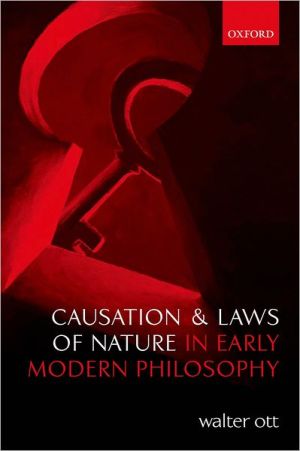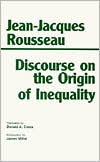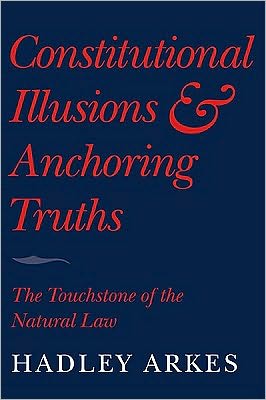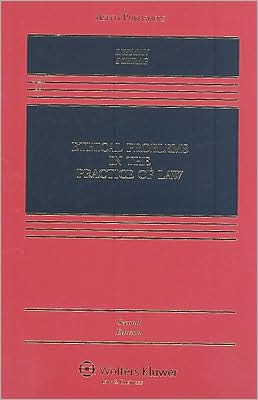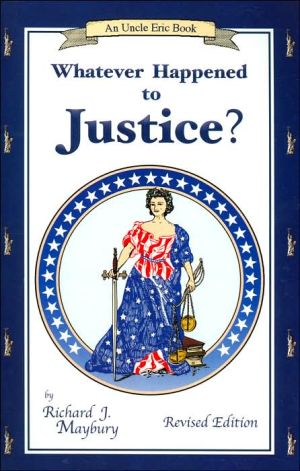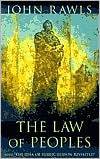Causation and Laws of Nature in Early Modern Philosophy
Some philosophers think physical explanations stand on their own: what happens, happens because things have the properties they do. Others think that any such explanation is incomplete: what happens in the physical world must be partly due to the laws of nature. Causation and Laws of Nature in Early Modern Philosophy examines the debate between these views from Descartes to Hume. \ Ott argues that the competing models of causation in the period grow out of the scholastic notion of power. On...
Search in google:
Some philosophers think physical explanations stand on their own: what happens, happens because things have the properties they do. Others think that any such explanation is incomplete: what happens in the physical world must be partly due to the laws of nature. Causation and Laws of Nature in Early Modern Philosophy examines the debate between these views from Descartes to Hume. Ott argues that the competing models of causation in the period grow out of the scholastic notion of power. On this Aristotelian view, the connection between cause and effect is logically necessary. Causes are "intrinsically directed" at what they produce. But when the Aristotelian view is faced with the challenge of mechanism, the core notion of a power splits into two distinct models, each of which persists throughout the early modern period. It is only when seen in this light that the key arguments of the period can reveal their true virtues and flaws. To make his case, Ott explores such central topics as intentionality, the varieties of necessity, and the nature of relations. Arguing for controversial readings of many of the canonical figures, the book also focuses on lesser-known writers such as Pierre-Sylvain Régis, Nicolas Malebranche, and Robert Boyle.
IntroductionPart I: The Cartesian predicament 1. What mechanism isn't2. The rejection of Aristotelianism3. The nude wax: Cartesian ontology4. The laws of nature5. Force6. OccasionalismPart II: The dialectic of occasionalism 7. Malebranche and the cognitive model of causation8. Laws and divine volitions9. Causation and explanation10. A scholastic mechanism11. Régis against the occasionalistsPart III: Power and necessity 12. 'A dead cadaverous thing'13. Relations and powers14. Boyle's paradox15. Boyle and the concurrentists16. Locke on relations17. Locke on powers: The geometrical model18. Locke's mechanisms19. ConclusionPart IV: Hume 20. The Two Humes21. Intentionality22. Necessity23. Relations24. The definition of causation25. Conclusion
